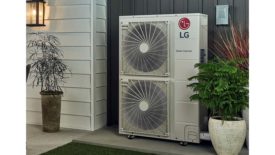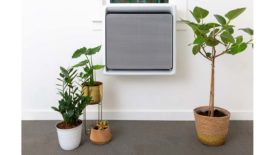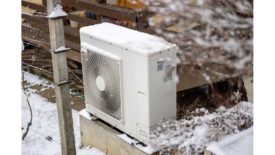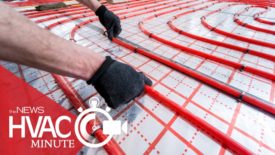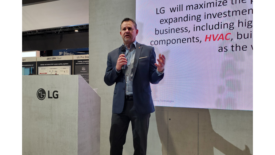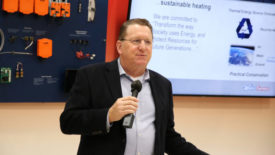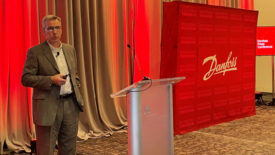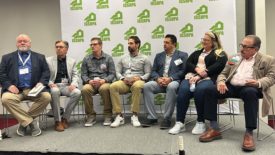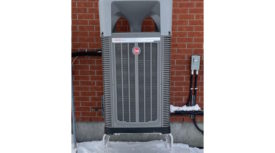Home » heat pumps
Articles Tagged with ''heat pumps''
But consumers have seen no money yet for high-efficiency HVAC purchases
Read More
In Line for Federal Money for Heat Pumps, OEMs are Ready to get to Work
‘It’s a Proud Moment’
Read More
LG Touts Its HVAC Electrification Efforts During AHR Expo Presentation
‘We Have the Right Story’
Read More
WaterFurnace Executives Give Update on Geothermal Industry Trends
Slideshow: Executives highlight geothermal tax incentives as a demand driver, spurring the company to invest in more manufacturing capacity and research
Read More
Danfoss Leaders Discuss Decarbonization Opportunities and Challenges with Heat Pumps
At a press conference at AHR Expo, the manufacturer discussed successes, challenges facing the U.S. heat pump industry
Read More
5 Tips To Geothermal Success
IGSHPA outlines what geothermal contractors should be doing to become an HVAC powerhouse
Read More
Copyright ©2025. All Rights Reserved BNP Media.
Design, CMS, Hosting & Web Development :: ePublishing
